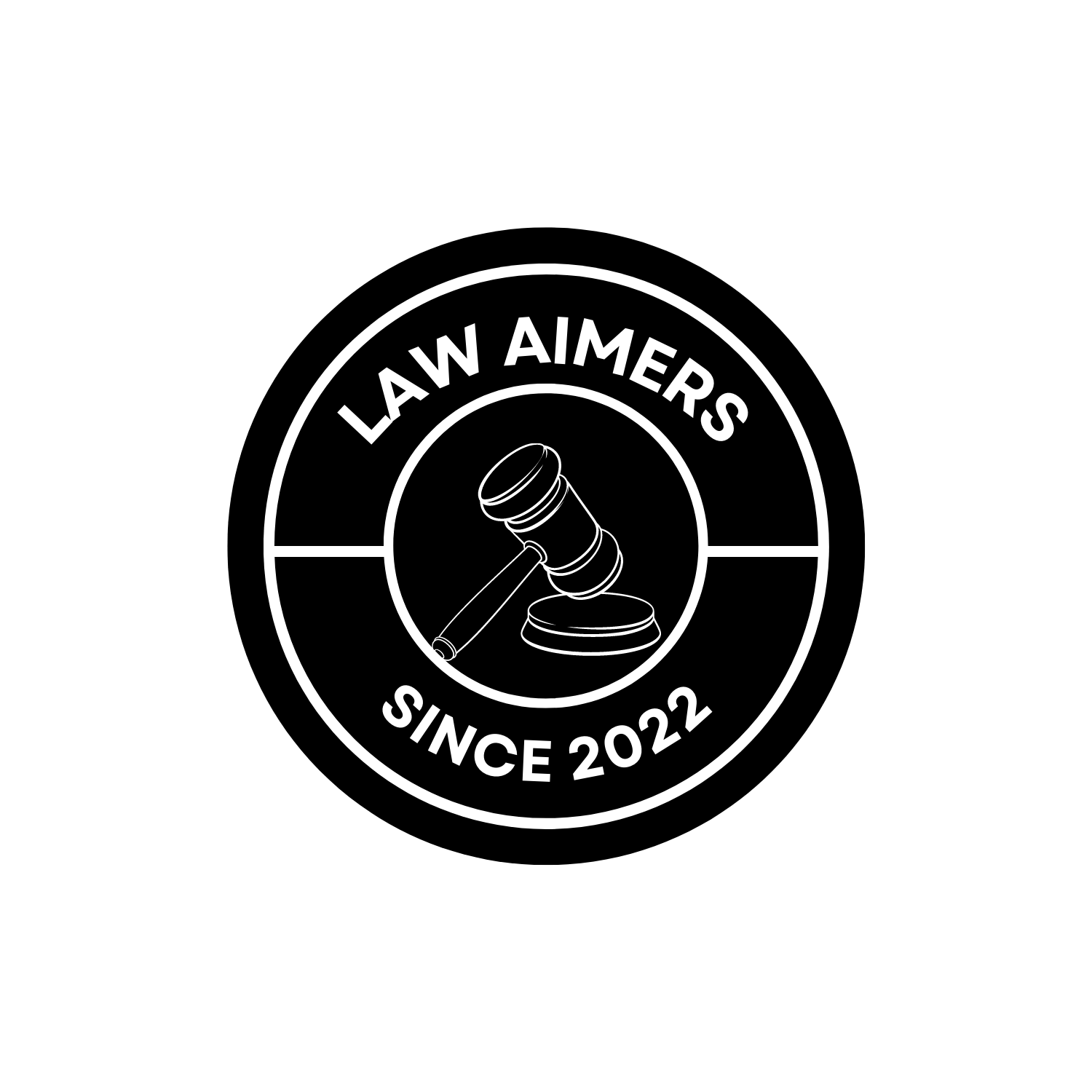The admissibility of documentary evidence in legal proceedings is governed by the Indian Evidence Act, 1872. The Act provides rules and guidelines for determining the admissibility, relevancy, and weight of documentary evidence.
Definition of Documentary Evidence
Under the Indian Evidence Act, documentary evidence refers to any material containing information, written or printed, recorded on any substance, such as paper, parchment, or electronic media. It includes documents, records, letters, maps, plans, photographs, and any other form of documentary material.
Relevance of Documentary Evidence
For documentary evidence to be admissible, it must be relevant to the facts in issue in the case. The evidence should have a logical connection to the disputed facts and be capable of shedding light on the issues under consideration.
Primary and Secondary Evidence
The Act distinguishes between primary and secondary evidence. Primary evidence is the original document itself, while secondary evidence includes copies, reproductions, or oral accounts of the contents of the original document. Generally, the law prefers primary evidence over secondary evidence.
Admissibility of Original Documents
As a general rule, the original document is admissible as primary evidence. The court may require the production of the original document to ensure authenticity and accuracy. However, certain exceptions exist where secondary evidence is admissible in place of the original document.
Admissibility of Certified Copies
Certified copies of documents are admissible as secondary evidence under Section 65 of the Indian Evidence Act. A certified copy is a copy of the original document that has been verified and certified by a public officer who has custody of the original document.
Hearsay Rule and Exceptions
The hearsay rule generally excludes the admissibility of out-of-court statements made by someone other than the witness who is testifying. However, there are exceptions to this rule, such as statements in public documents, statements against interest, and statements made by a person who is no longer available as a witness.
Presumptions Regarding Certain Documents
The Indian Evidence Act provides for certain presumptions regarding the admissibility and authenticity of specific documents. For example, public documents, certified copies of public documents, and registered documents are presumed to be genuine and admissible unless proven otherwise.
Admissibility of Electronic Evidence
The Act recognizes the admissibility of electronic evidence, including emails, digital documents, and computer records. Such evidence must fulfill certain requirements, such as being produced in the prescribed manner and accompanied by a certificate verifying its authenticity.





